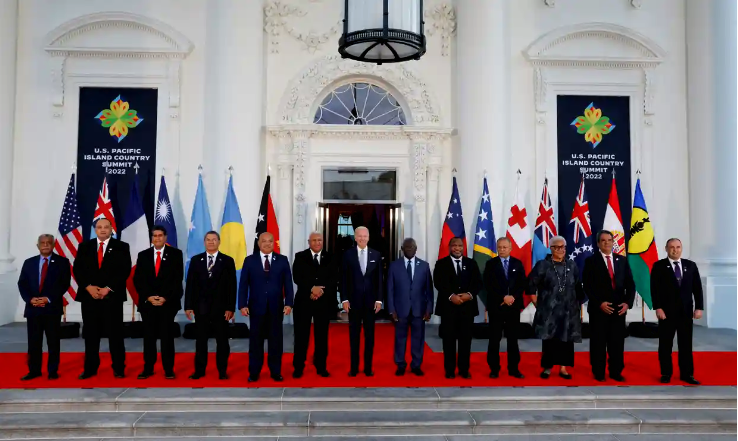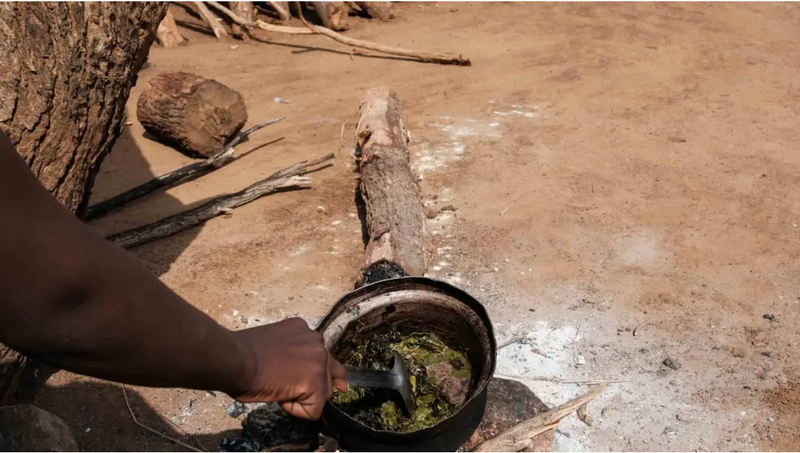US and Micronesia to Renew Strategic Pacific Pact
The US is scheduled to sign strategic pacts with Papua New Guinea and Micronesia next week as it seeks to counter Chinese influence in the Asia-Pacific region.

Facts
- The US is scheduled to sign strategic pacts with Papua New Guinea and Micronesia next week as it seeks to counter Chinese influence in the Asia-Pacific region.1
- Of the three Pacific Island nations that signed the "Compact of Free Association" agreements with the US in the 1980s—Micronesia, Palau, and the Marshall Islands — Micronesia is the first to renew its pact with the Biden admin. The agreements grant the US access to the nations' territorial waters in exchange for military and economic assistance and are set to expire in 2023 and 2024.2
- US presidential envoy Joseph Yun told reporters that the Compact agreement with Micronesia would be signed at a ceremony in Papua New Guinea on May 22, which US President Joe Biden and new Micronesian President Wesley Simina will attend.3
- The US has already signed memorandums of understanding on future assistance with the three Compact islands, and Yun said last month that the agreements would amount to $6.5B over 20 years.4
- Yun will be in the Marshall Islands later this week but doesn't expect to finalize its agreement in the near future. He added that while negotiations are very sensitive in each country, he is "very optimistic" about a future agreement with that Pacific Island nation.4
- Last year, more than 100 arms-control, environmental and other activist groups urged the Biden administration to formally apologize to the Marshall Islands for the impact of massive US nuclear testing there and to provide fair compensation.2
Sources: 1Guardian, 2Islands Business, 3The Straits Times, and 4Reuters.
Narratives
- Anti-China narrative, as provided by Politico. Beijing wants a foothold in the islands and would love nothing more than to drive a wedge between Washington and Micronesia, Palau, and the Marshall Islands. Renewing Compacts with those three states effectively puts an end to China's efforts to displace the United States as the region's dominant superpower. However, the battle for the loyalties of other Pacific Island countries remains fully in play, and Washington has long-standing strategic ties with those nations.
- Pro-China narrative, as provided by FMPRC. China is ready to work with Pacific partners to implement the consensus reached by the nations' leaders, continue to expand their practical cooperation and share the benefits of economic globalization. The PRC also seeks common ground while shelving differences with other countries in promoting stability and prosperity for all. Despite baseless claims, Beijing doesn't pursue what some call "debt trap" diplomacy and, unlike the US, avoids empty promises. China is an extremely important partner for Pacific Island nations.






